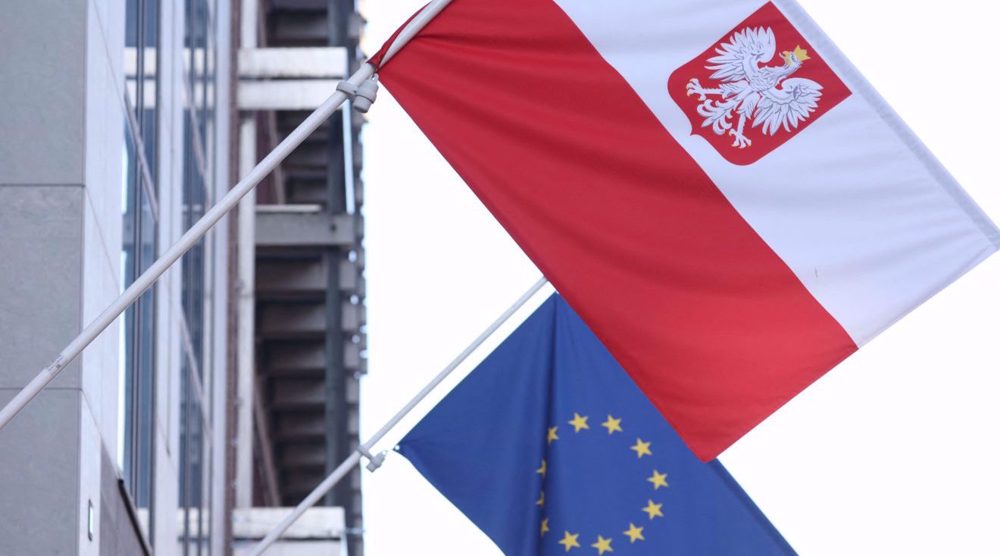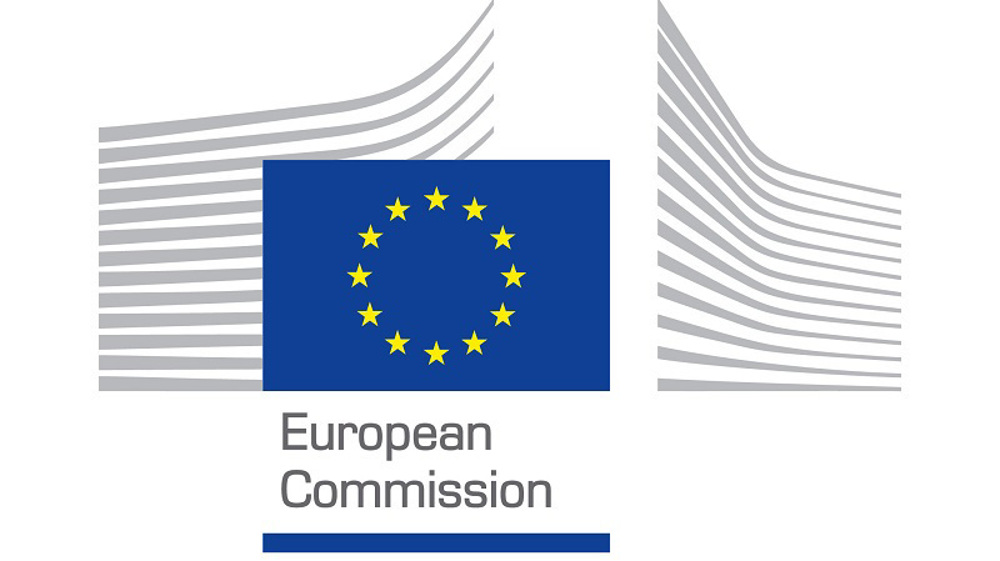Polish court ruling angers EU, sets stage for 'Polexit'
Tensions have escalated between the European Union and Poland following a recent Polish court ruling challenging the supremacy of EU law, raising concerns that the country will eventually quit the bloc.
On Thursday, Poland’s Constitutional Tribunal ruled that some provisions of EU treaties and court rulings are incompatible with the Polish constitution, essentially rejecting the primacy of EU law over national legislation, particularly in certain judicial areas.
The verdict drew strong condemnation from the European Commission, with its president Ursula von der Leyen voicing serious concerns over the ruling and warning that the EU executive would do all in its power to ensure the primacy of EU law.
Von der Leyen said she has instructed the EU executive to analyze the decision "thoroughly and swiftly" to decide what steps to take.
"Our utmost priority is to ensure that the rights of Polish citizens are protected and that Polish citizens enjoy the benefits granted by membership of the European Union, just like all citizens of our Union," von der Leyen said in a statement.
She noted that EU citizens as well as companies doing business in Poland need the legal certainty of EU rules, stressing the supremacy of EU law over national law, "including constitutional provisions".
Officials in Brussels who were angered by Poland’s move also said the court ruling could lead to a series of fines and legal cases against Warsaw that will take months, if not years, to play out.
Polish Prime Minister Mateusz Morawiecki has welcomed the court ruling, saying each member state must be treated with respect and the EU should not be “a grouping of those who are equal and more equal”.
The latest court ruling is likely to further damage Poland's already troubled relationship with the 27-member bloc.
Warsaw and Brussels have been at loggerheads since the Law and Justice (PiS) party came to power in 2015. They are now on a full collision course on the rule of law.
First step of "Polexit"
Patryk Wachowiec, research fellow at the Bingham Center for the Rule of Law said the ruling introduces aspects of Poland exiting the EU, described as “Polexit”, given the fact that “it will deepen the problem of judicial co-operation between Polish and European courts, in particular the mutual recognition of judgments.”
Jakub Jaraczewski, research coordinator at Democracy Reporting, also called the move a "massive escalation of the crisis of the rule of law in Poland".
"This is unprecedented. We have an EU member state basically stating that the primacy of EU law, one of the core ideas of the European Union common legal order, is partially not effective in Poland. This has not happened before," he said.
Laurent Pech, professor of European law at Middlesex University, has compared the ruling to a "nuclear strike on the EU legal order".
Meanwhile, Donald Tusk, former European Council president and now head of Poland's biggest opposition party, the centrist Civic Coalition (KO), has urged Poles to protest against the ruling at a Warsaw rally on Sunday.
In a video posted on his Twitter account, he said the operation planned by PiS chairman Jaroslaw Kaczynsk to remove Poland from Europe “has started full steam ahead.”
“If we remain inactive, nothing will stop him," he said.
This is while PiS says it has no plans for a “Polexit” and – unlike Britain before its Brexit referendum in 2016 – popular support for membership of the EU is high in Poland.
On Friday, France and Germany strongly criticized Poland’s ruling, saying EU membership relied upon "complete and unconditional adherence to common values and rules."
France also said Poland's exit from the EU is now a "de facto risk".
Where the ruling came from
Earlier this year, Polish Prime Minister Mateusz Morawiecki filed a request for the Constitutional Tribunal to review the compatibility of EU treaties with the Polish Constitution, a move that sparked controversy in Brussels.
The EU rejects the legitimacy of the court due to political interference from Poland’s PiS.
The Court of Justice of the European Union (CJEU), based in Luxembourg, has also repeatedly ruled against Poland’s judicial reforms.
Poland’s government insists that the justice system and the judiciary are the sole purview of EU member nations and not the EU, and has ignored a number of the EU court’s rulings.
Poland has been a member of the EU since 2004. The country is due to receive some 770 billion zlotys ($193bn) from the bloc by 2028.
Some critics say the government is putting that funding at risk, while others suggest that Warsaw is using the ruling as leverage to get its COVID recovery plan, which the European Commission has yet to approve.
The main parties in the European Parliament have taken to Twitter to condemn the Polish verdict, urging the Commission to freeze payments for the country, which is the largest recipient of EU funds.
Supremacy of EU law is one of the cornerstone principles of the European Union. Established back in 1964, the principle states that in all cases where the EU has competence, the bloc's laws have priority over national legislation.
The Polish government is yet to publish the ruling in the Journal of Laws, a necessary step for the decision to enter into force.
A Eurobarometer survey carried out in June and July 2021 showed that almost twice as many Poles trust the EU as trust their national government.
VIDEO | Press TV's news headlines
July 26: ‘Axis of Resistance’ operations against Israeli occupation
Palestinian resistance fighters hit Israeli Merkava 4 tanks
VIDEO | UK police brutal assault on Muslim family sparks outrage, protests
Hamas: Death of leader in Israeli jail amounts to murder
EU sends €1.5 billion to Ukraine from frozen Russian assets
VIDEO | Millions of Yemenis rally for Gaza, call for more anti-Israel operations
UN chief calls for Olympic truce as games begin in Paris












 This makes it easy to access the Press TV website
This makes it easy to access the Press TV website